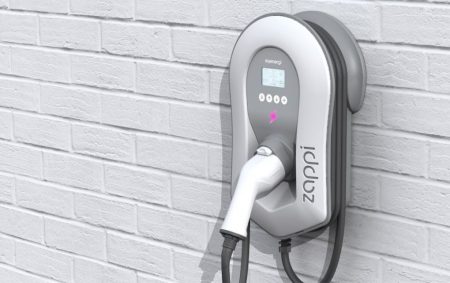The Electric Nation project ran from 2016 to 2019 in the UK, describing itself as “the largest smart charging project in the world”. GreenFlux has now published the results.
A total of 673 “smart” chargers were installed in participants’ homes as part of the project researching the controlled charging of electric vehicles. More than 40 different electric vehicles were involved in the project – from plug-in hybrids to vehicles with range extenders, as well as purely electric cars.

GreenFlux’s intelligent charging system was used to collect charging data and control charging sessions. Among other things, the project recorded the times of plugging in and unplugging, the duration of the actual charging process and the amount of electricity consumed. In this way, the system monitored the overall demand and was able to instruct individuals charging that they should reduce their charging capacity if necessary.
GreenFlux concludes, according to a company statement, that thanks to controlled charging, there is no need to upgrade the existing grid capacity. This will eliminate the need for costly investments in the electricity grid. In Germany, EnBW also came to similar conclusions when they conducted field tests near Stuttgart.
In the Electric Nation project, most vehicles were connected to the home charging station between 5 pm and 7 pm as one would expect. While PHEV drivers had an average of 0.76 charging sessions per day, BEVs were generally only plugged into the wallbox every third day. In January and February in particular, however, there were more charging operations than in August – due to the shorter range in the winter months.
Read more: Electrive
